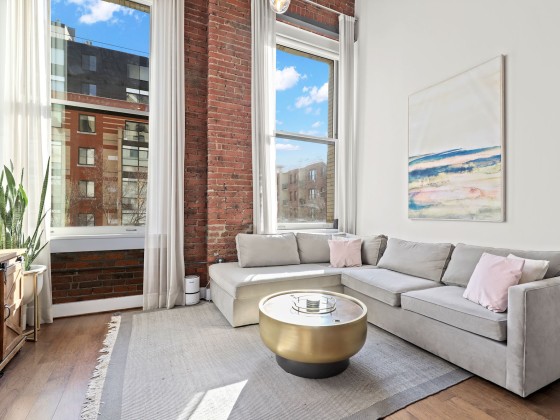What's Hot: Amazon To Close Down Fresh Grocery Stores
 A Closer Look at Rent Control in DC
A Closer Look at Rent Control in DC
✉️ Want to forward this article? Click here.
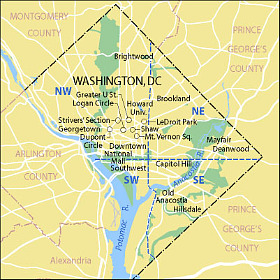
Yesterday, Housing Complex covered a recently-issued report from The Urban Institute about rent control in DC. In her write-up, Lydia DePillis notes that the report does not provide information about the condition of rent-controlled buildings, how full they are, and how fast the inventory in the city is declining, but there are some relatively interesting nuggets, which we highlight below.
But first, a brief description of DC’s Rent Stabilization or “rent control” program.
Rent control was established as part of the Rental Housing Act of 1985. Essentially, it restricts the frequency and amount by which owners of housing units covered by rent control can adjust the monthly rents of their tenants. It also requires landlords to give tenants adequate notification of rent increases and provides for an appeals process for tenants who believe that rents have been raised improperly. For housing subject to rent control, adjustments in rent amounts are only permitted once every 12 months and tenants must receive a minimum of 30 days notification of proposed increases.
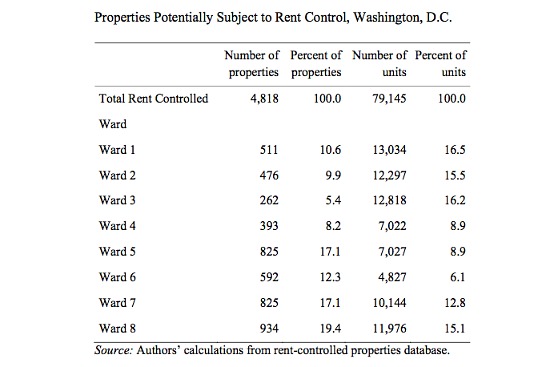
A ward-by-ward look at DC properties subject to rent control.
Here are some highlights from the report:
- Based on city records, there are 4,818 properties with 79,145 housing units (potentially) subject to rent control regulation in DC.
- The default limit on rent increases for occupied, rent-controlled units is based on changes in the Consumer Price Index (CPI). For most tenants, the largest amount that their current rent can be adjusted is the CPI percentage plus two percent, but not more than 10 percent.
- Wards 5, 7, and 8 have the largest number of properties subject to rent regulation. Wards 3 and 4 have the smallest number of rent-controlled buildings, with Ward 3 having only 262 such properties.
- Large-scale owners have the majority of rent-controlled units in the city. The largest shares of properties (31.5 percent) and units (69.3 percent) subject to rent control belong to owners who own 101 or more of such units throughout the city. Another quarter (26.8 percent) of properties and 15.1 percent of units belong to owners with 11 to 50 rent-controlled units.
See other articles related to: housing complex, rent control, renting, renting in dc, the urban institute
This article originally published at https://dc.urbanturf.com/articles/blog/a_closer_look_at_rent_control_in_dc/3620.
Most Popular... This Week • Last 30 Days • Ever

While homeowners must typically appeal by April 1st, new owners can also appeal.... read »
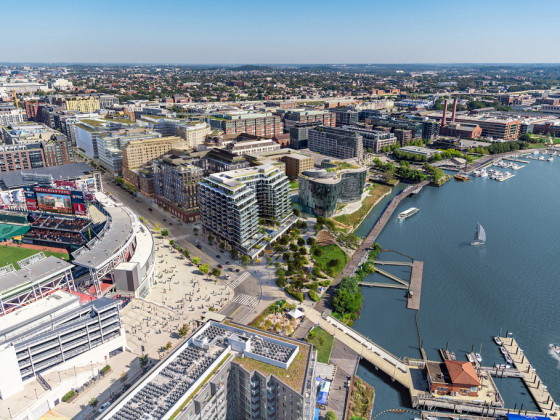
Navy Yard is one of the busiest development neighborhoods in DC.... read »
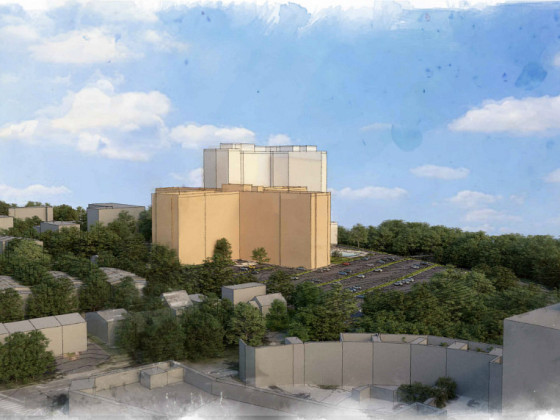
A significant infill development is taking shape in Arlington, where Caruthers Proper... read »

A residential conversion in Brookland that will include reimagining a former bowling ... read »
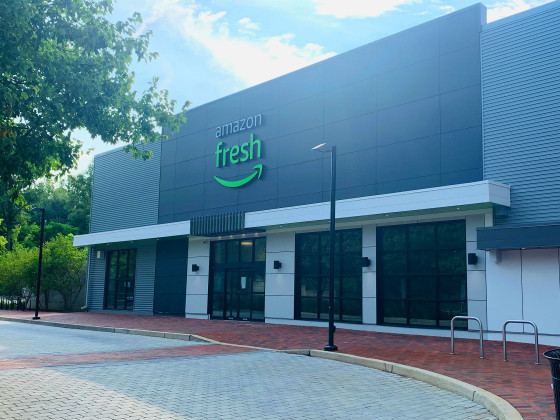
After years of experimenting with its branded brick-and-mortar grocery concepts, Amaz... read »
DC Real Estate Guides
Short guides to navigating the DC-area real estate market
We've collected all our helpful guides for buying, selling and renting in and around Washington, DC in one place. Start browsing below!
First-Timer Primers
Intro guides for first-time home buyers
Unique Spaces
Awesome and unusual real estate from across the DC Metro





